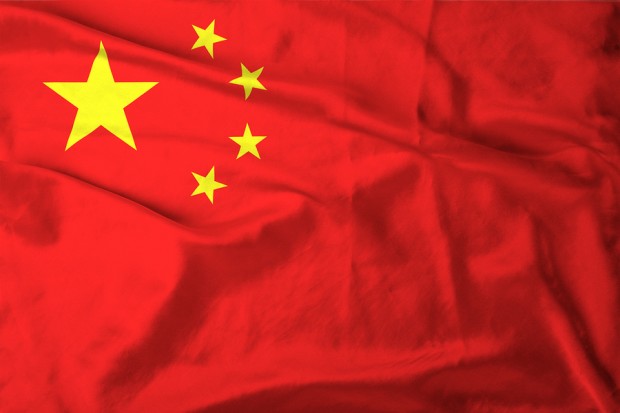China is injecting 60.8 billion yuan ($9.7 billion) into Anbang Insurance Group Co. as it attempts to contain the fallout after the company’s former chairman was accused of masterminding a multibillion dollar fraud.
The move is aimed at ensuring Anbang’s solvency and protecting policy holders’ interests, the China Insurance Regulatory Commission said Wednesday. The government is trying to revamp and stabilize a company that burst onto the global scene in 2014 with the purchase of New York’s Waldorf Astoria hotel, but was seized by regulators in February.
Anbang’s former Chairman Wu Xiaohui is accused of masterminding a massive fraud, using unauthorized sales of investment-type policies to prop up the acquisitive company’s capital. The case against him is one of the most striking illustrations of China’s war against financial risk; in court last week prosecutors alleged that Wu’s actions had threatened national financial security. By injecting capital, the government is protecting the banks that funded Anbang and the public who invested in its products, said Brock Silvers, managing director at Kaiyuan Capital.
“A bank failure could trigger economy-wide repercussions, while significant losses for a broad class of retail investors could impact the Communist Party’s standing with the general public,” Shanghai-based Silvers said in an email.
The money will come from the China Insurance Security Fund, an industry-funded body that bails out troubled insurers and which had a balance of 116 billion yuan as of January. It plans to hold its stake in Anbang only temporarily, the company said in a statement.
Much of Anbang’s growth was powered by sales of short-term, high-yield products that the company used to fund purchases of long-term assets such as real estate — a duration mismatch that had long worried analysts and regulators.
The charges against Wu alleged wrongdoing going as far back as 2007. He had ordered up fraudulent financial statements and used money raised from fraud for investment, debt repayment and personal use, a Shanghai court said last week.
Wu disputed both the facts and the charges, saying that he didn’t understand the law and didn’t know if his behavior amounts to crime, according to the court. He was later quoted by the court as saying he “realized the crimes and regrets the crimes,” asking for leniency.
Anbang’s registered capital will be kept at 61.9 billion yuan after the injection, the CIRC said, adding that the company will start to select strategic investors and aims to introduce private capital as soon as possible.
China’s government in February seized control of Anbang for at least a year.





















 Flood Risk Misconceptions Drive Underinsurance: Chubb
Flood Risk Misconceptions Drive Underinsurance: Chubb  Retired NASCAR Driver Greg Biffle Wasn’t Piloting Plane Before Deadly Crash
Retired NASCAR Driver Greg Biffle Wasn’t Piloting Plane Before Deadly Crash  How Americans Are Using AI at Work: Gallup Poll
How Americans Are Using AI at Work: Gallup Poll  Modern Underwriting Technology: Decisive Steps to Successful Implementation
Modern Underwriting Technology: Decisive Steps to Successful Implementation 
